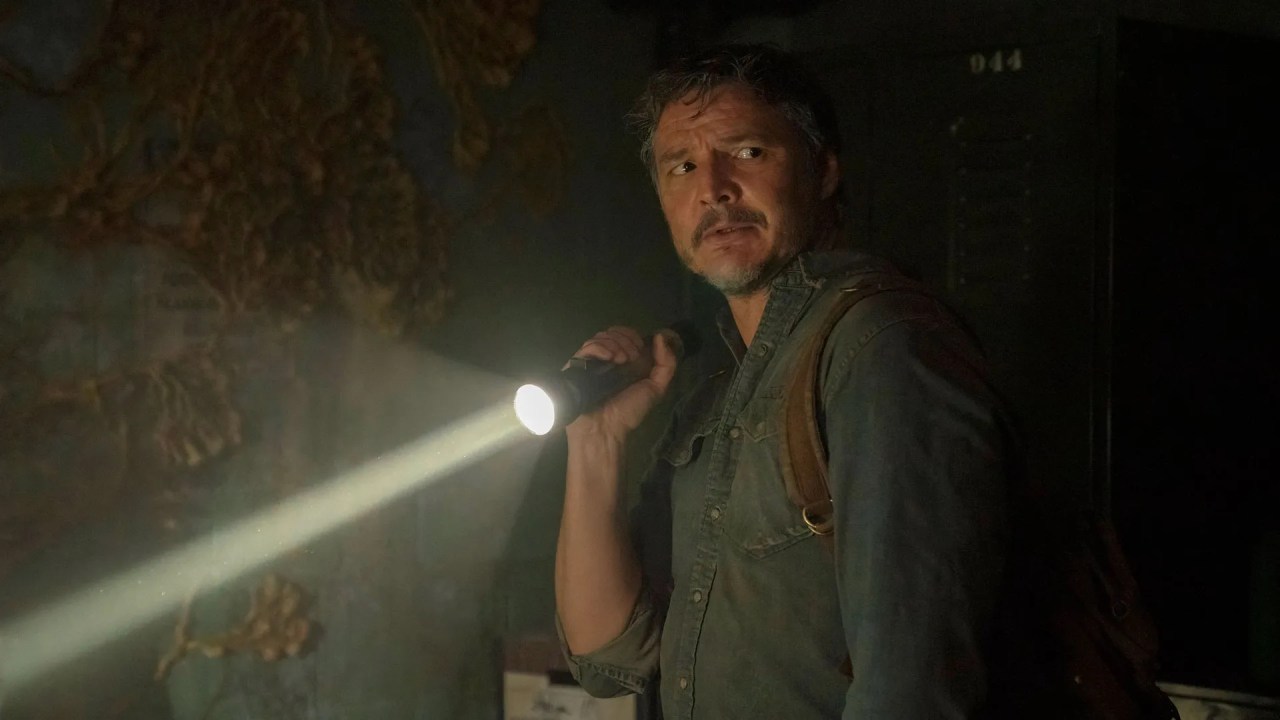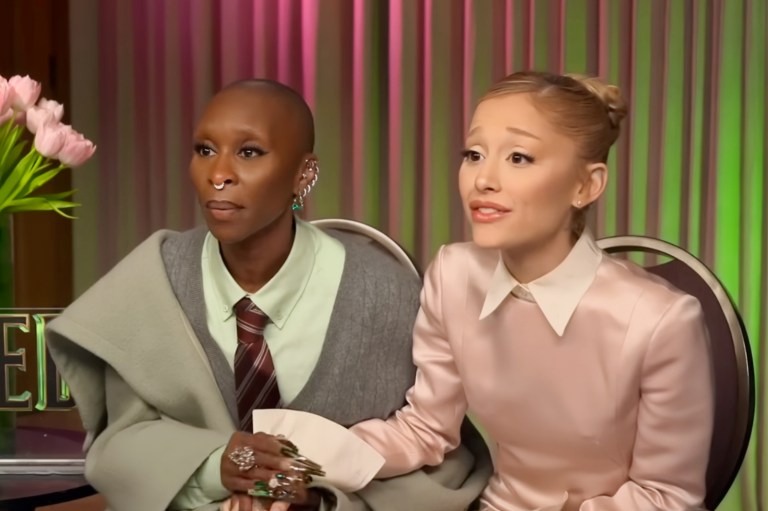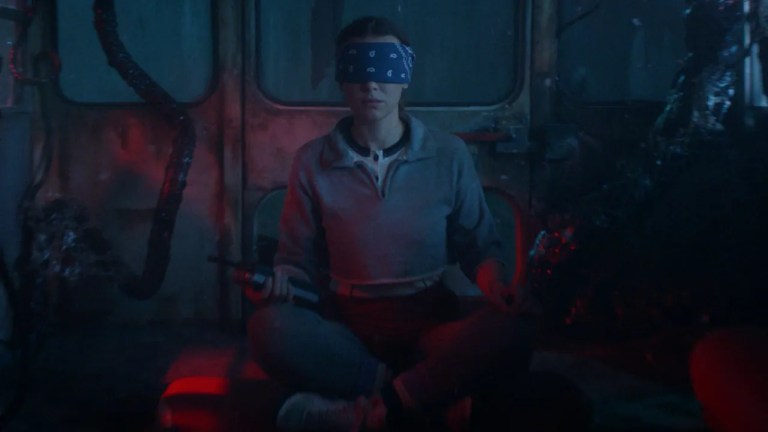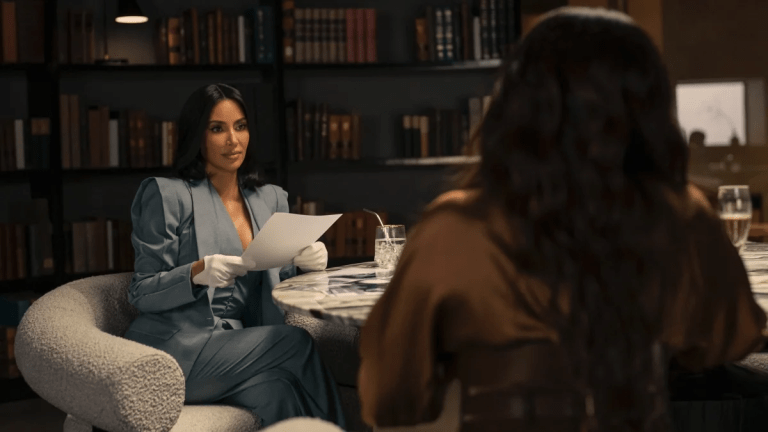
“The Last of Us” Is Not Just Another Show About Zombies…
Sunday evening, HBO aired the final episode of the zombie apocalyptic thriller The Last of Us. The hit show has carved out consistent ratings in the tried and true Sunday evening time slot and has already been renewed for a second and likely third season. While zombies are saturating the entertainment marketplace it’s surprising that this show was as large of a hit as it is. Many people (myself included) are experiencing tv apocalypse fatigue.
The Walking Dead was a lame horse at 11 seasons that should have been put down after 7. Between its spin off Fear the Walking Dead, iZombie, Z Nation, and Santa Clarita Diet, the television audience has seen it all. That’s why The Last of Us’ story of a man and girl crossing the zombie infested countryside on a mission, seemed too late to the game to surprise us.
The most tedious episodes of The Walking Dead were where it felt too much like production wanted to save money and the cast got lost in the woods, while also evading zombies. In any given season there were half a dozen episodes like this that TWD hammered over and over. It made the once fun show a chore.
As someone who has never played the video game the show is based on, I had little faith in The Last of Us. However, HBO seldom makes mistakes in their Sunday night show slots and once again, made me a believer.
SPOILER TIME! Don’t read anymore if you haven’t watched the show. Or go ahead if you want to ruin it for yourself. It’s more of an episode one spoiler and overall synopsis than a play by play recap.
The Last of Us is a 9 episode epic that travels coast to coast of a very ravaged, post apocalyptic, present day United States. The catch is that the cataclysm happened in 2003 and “present day” is twenty years deep into the horrific future. The main character Joel Miller is played by supernova hot actor Pedro Pascal. You already know him from Game of Thrones, Narcos, and the Mandalorian. He’s absolutely everywhere right now.
He’s joined by Game of Thrones costar Bella Ramsey. She’s famous for stealing scenes with a stoic face and little dialogue, so getting more than one line per episode was a welcome change.
The crux of the show is this: Joel lost his teen daughter at the start of the outbreak, not to the mushrooms that are taking over people’s brains (you read that right) but to a trigger happy jarhead that sets the tone for people not trusting their government in a crisis. Fast forward 20 years and Joel is a soulless one man killing machine, living in the slums of Boston and the desire to do only what he wants, when he wants.
Joel dabbles in rebellion and knows how to get things that benefit him. He encounters a loosely organized group called the Fireflies who are a national brand, imposing chaos in government run zones, in what’s left of a few major cities across the United States. After a deal gone wrong, a wounded firefly leader presents Joel with Ellie Williams, played by Bella Ramsey. She is his mission, for which he’ll be handsomely rewarded.
Ellie is the first person to be immune to the brain controlling fungus after being bitten and her blood may be the key to human survival. The rub is this: the special lab she needs to get to, is in Colorado. Vehicles are scarce and cadre of wildly diverse Mushroom brained zombies are prolific.
After the initial setup, what The Last of Us then does is give us man’s story. Instead of constant zombie evasion and jump scares, we encounter a different brand of human in every episode. Giving us an often non linear experience and even an entire episode where Joel and Ellie are barely in it, we are treated to the gripping decline of civilization.
Sure there are zombies. There are clickers, big fat ones, hive mind zombies, and everything one would expect in a show like this, but they are not the feature. They are the ever looming and inescapable outcome of man, but the scarier problem for Joel and Ellie is what normal people have now become in order to survive.
The best part of The Walking Dead series and comics was easily the governor storyline which was exactly this: Control and power by the few was attained by violence and absolute ruthlessness. The Last of Us gave us a taste of it in nearly every different episode, no matter what location or city they traveled to.
Without spelling out the entire plot episode by episode, this show gave us regular flashbacks of chaotic beginnings and large decisions to those ranging in great closeness and bonding, to then juxtapose them against the unbridled chaos of survival. Whether that foe is a band of marauders, rebels, what’s left of the government, cannibals, very hungry people, or mushroom heads doesn’t matter really. They’re only large speed bumps on the heroes path to Colorado. Pedro Pascal is incredible as iron willed Joel and his ability to emote with little dialogue plays perfectly in a show about being tense and quiet while you’re either predator or prey.
Bella Ramsey is never not annoying as Ellie until the last few episodes. Her freedom to curse at will gets tiresome as if an overused child’s novelty, and there are times the audience realizes why she barely spoke in Game of Thrones. However, she eventually finds her pace and voice by the last three episodes and will no doubt get better as the series continues.
For existing in a tired genre, The Last of Us makes a tasty meal out of the material given and does a tremendous job of immersing us in their world without overuse of CGI. The implementation of real world lighting (torches, candles, old mall lights, flashlights) is masterfully done as are the few but robust action sequences that never stale.
There is a definitive artistic and budgetary difference between an HBO zombie series and any other network’s. Binge season 1 now and see what all the fuss is about.











